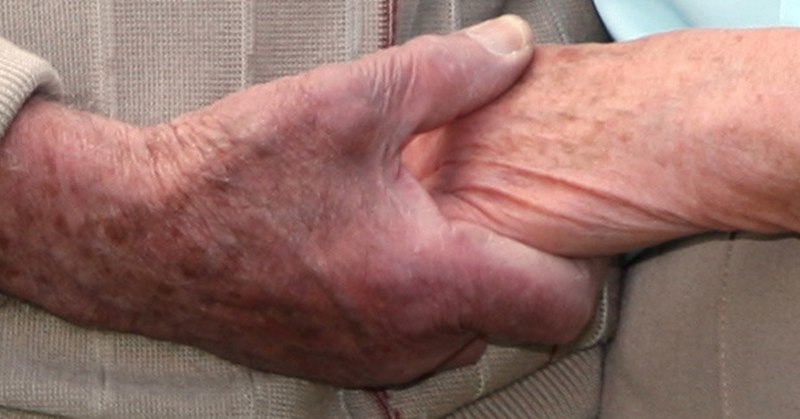Fife Council’s residential care homes could close under radical new cost-cutting plans.
With public spending cuts nationally set to have a drastic knock-on effect on Fife’s finances, councillors will next week be asked to make possibly their most difficult decision to date when they discuss how residential, respite and daycare services for older people should be provided.
Closure of all 10 of Fife Council’s care homes will be one of three options on the table at Tuesday’s social work and health committee and, if pursued, will mean residents would have to move to a care home of their choice in the private or not-for-profit sector.
It would also have implications for the 478 permanent staff employed by the council in the service.
Whatever happens, it is clear the council is under huge pressure to scale back or scrap its previously announced £40 million programme to replace its ageing care homes.
Keeping the commitment to build five new homes by 2020 to replace older facilities remains an option, although an estimated £200 million shortfall in the council’s 10-year capital spending plan means cuts have to be made somewhere.
Another possibility is to press ahead with £16 million plans to build two new residential care homes, one in Kirkcaldy to replace Appin House and Raith Gates and one in Dunfermline to replace Matthew Fyfe, and close the remaining seven South Parks and Alan McLure in Glenrothes, Methilhaven in Methil, Ladywalk in Anstruther, Northeden in Cupar, Valley House in Cowdenbeath and Jenny Gray in Lochgelly.
That would save £24 million initially with annual savings of around £1.1m.
Pulling out of the residential care home sector altogether closing the 10 care homes, cancelling the planned projects in Kirkcaldy and Dunfermline and relying on the private and not-for-profit sectors would save over £39.6 million straight away and generate around £1.3 million a year in other savings, councillors will be told.
In his report to councillors on Tuesday, social work executive director Stephen Moore said there is a need to examine, recognise and realise the potentially significant contribution private and not-for-profit providers could make.
The cost to the council of an in-house residential home place is £809 a week, compared with the cost to the council of a private and not-for-profit standard rate of £550 a week for a nursing care place or £474 a week for a residential care place.
“The council’s commitment is to ensure that the needs of vulnerable people are met in order that they can live safely and enjoy a high quality of life,” he said.
“A range of person-centred services will be required ranging from personal care at home to respite, day care and residential care.
“The over-riding priority is to target services which will enable people to live safely in their own communities and vital supports are made available for them that meet their level of need.
“The private and not-for-profit sector already provides a very high level of provision and this report outlines how this can be developed further to replace current services provided by Fife Council.
“The quality of care within this sector is good, provides value for money and is regulated by the Care Commission.”
Mr Moore said the council remains committed to ensuring the “highest standard” of care, regardless of which option is pursued.
A consultation process to explore all three options is likely to be given the go-ahead on Tuesday, although the decision will ultimately lie with councillors on whether the council should continue to provide residential services, provide some services or no longer be a direct provider of services in due course.
There are 68 care homes in the private and not-for-profit sector in Fife which cater for 2542 places and planning applications for several others are pending.
The council has 297 residential places in its care homes.
Mr Moore’s report will suggest that there are sufficient vacant places in Fife’s private and not-for-profit care homes to accommodate all residents in the council’s homes.
Closing either seven or all 10 care homes would see the council incur redundancy and early retiral costs, he added.
It is understood that 313 care assistants, 107 domestic employees and 58 senior care officers or managers work in council’s residential and day care service, with 42% of those staff said to be aged 50 or over.
